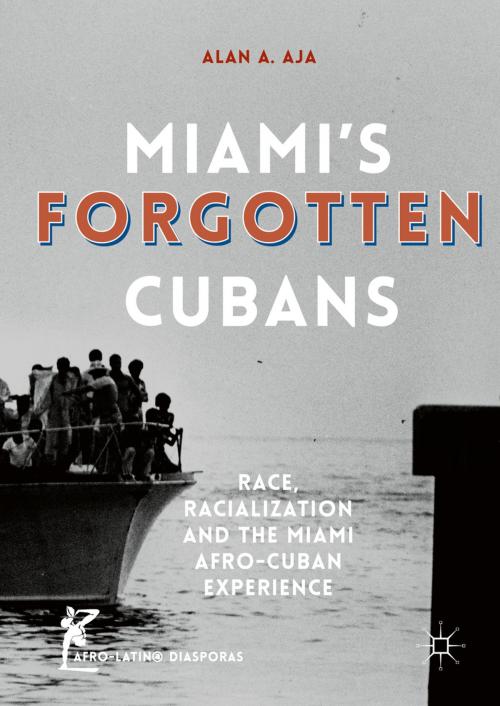Miami’s Forgotten Cubans
Race, Racialization, and the Miami Afro-Cuban Experience
Nonfiction, Social & Cultural Studies, Social Science, Anthropology| Author: | Alan A. Aja | ISBN: | 9781137570451 |
| Publisher: | Palgrave Macmillan US | Publication: | August 31, 2016 |
| Imprint: | Palgrave Macmillan | Language: | English |
| Author: | Alan A. Aja |
| ISBN: | 9781137570451 |
| Publisher: | Palgrave Macmillan US |
| Publication: | August 31, 2016 |
| Imprint: | Palgrave Macmillan |
| Language: | English |
This book explores the reception experiences of post-1958 Afro-Cubans in South Florida in relation to their similarly situated “white” Cuban compatriots. Utilizing interviews, ethnographic observations, and applying Census data analyses, Aja begins not with the more socially diverse 1980 Mariel boatlift, but earlier, documenting that a small number of middle-class Afro-Cuban exiles defied predominant settlement patterns in the 1960 and 70s, attempting to immerse themselves in the newly formed but ultimately racially exclusive “ethnic enclave.” Confronting a local Miami Cuban “white wall” and anti-black Southern racism subsumed within an intra-group “success” myth that equally holds Cubans and other Latin Americans hail from “racial democracies,” black Cubans immigrants and their children, including subsequent waves of arrival and return-migrants, found themselves negotiating the boundaries of being both “black” and “Latino” in the United States.
This book explores the reception experiences of post-1958 Afro-Cubans in South Florida in relation to their similarly situated “white” Cuban compatriots. Utilizing interviews, ethnographic observations, and applying Census data analyses, Aja begins not with the more socially diverse 1980 Mariel boatlift, but earlier, documenting that a small number of middle-class Afro-Cuban exiles defied predominant settlement patterns in the 1960 and 70s, attempting to immerse themselves in the newly formed but ultimately racially exclusive “ethnic enclave.” Confronting a local Miami Cuban “white wall” and anti-black Southern racism subsumed within an intra-group “success” myth that equally holds Cubans and other Latin Americans hail from “racial democracies,” black Cubans immigrants and their children, including subsequent waves of arrival and return-migrants, found themselves negotiating the boundaries of being both “black” and “Latino” in the United States.















